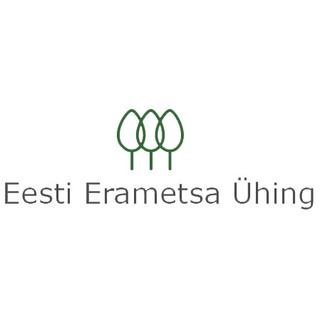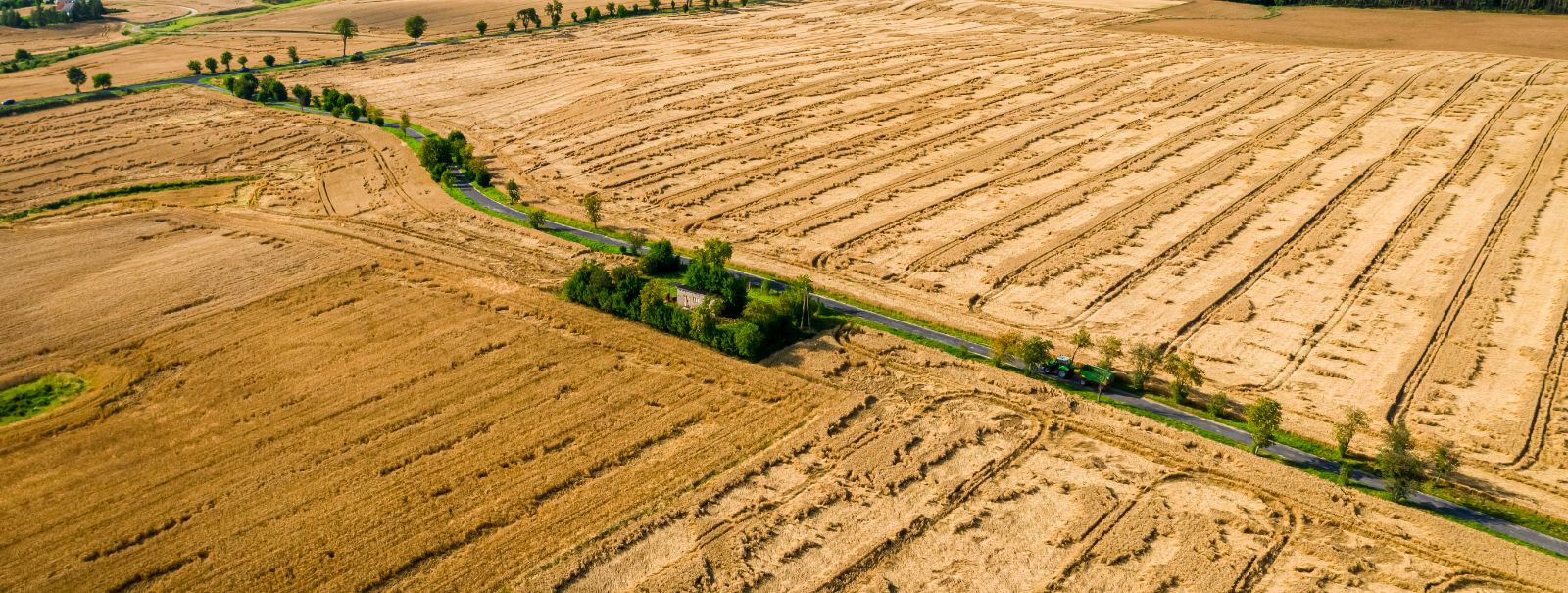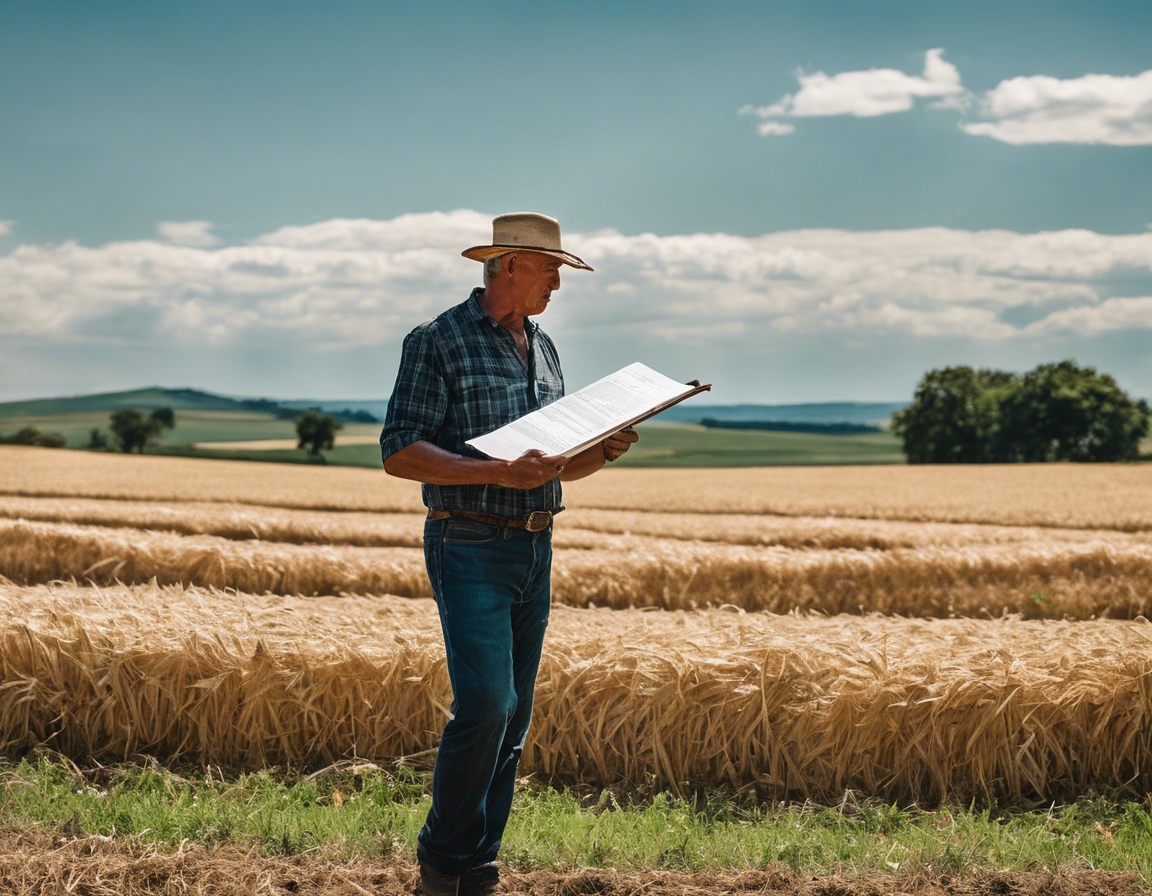Understanding the value of your farmland: a comprehensive guide
Understanding the value of your farmland is crucial whether you are considering selling, managing, or expanding your agricultural operations. The worth of farmland is determined by a myriad of factors that extend beyond the size of the plot. This comprehensive guide will delve into the various elements that contribute to the value of your farmland, providing you with the insights needed to make informed decisions.
Knowing the value of your farmland can empower you to negotiate better sales terms, optimize its use, and plan for the future. It also serves as a benchmark for property taxes, insurance, and investment opportunities. For family estates and private landowners, understanding this value is essential for estate planning and ensuring the legacy of the land is preserved.
Several factors influence the value of farmland, including its location, soil quality, water availability, and the economic climate. These factors can change over time, making it important to stay informed about current trends and market conditions.
Assessing the Physical Attributes of Your Farmland
The fertility and composition of the soil are paramount in determining the productivity and, consequently, the value of farmland. Soil tests can reveal nutrient levels, pH balance, and the presence of organic matter, all of which are critical for crop production.
Access to water resources and the presence of efficient irrigation systems can significantly enhance the value of farmland. Reliable water sources ensure crop sustainability and can lead to higher yields and more diverse farming operations.
The topography of the land affects drainage, erosion, and the types of crops that can be grown. Similarly, the local climate, including temperature and rainfall patterns, plays a vital role in determining the farming practices that can be sustained on the land.
Evaluating Land Use and Productivity
Assessing both the current and potential crop yield is essential for understanding the productive capacity of your farmland. This involves analyzing historical yield data and considering the possibility of introducing new crops or farming methods.
The capacity to support livestock is another aspect that adds value to farmland. This includes the availability of pasture, water, and facilities necessary for raising animals.
Exploring alternative uses such as renewable energy production, conservation, or agroforestry can provide additional revenue streams and increase the land's value.
Understanding Market Trends and Economic Factors
Local and global market trends have a direct impact on the value of farmland. Commodity prices, demand for organic produce, and export opportunities all influence the profitability and attractiveness of agricultural land.
Government policies and subsidies can either enhance or detract from the value of farmland. It's important to be aware of any changes in legislation that could affect agricultural operations.
Technological advancements in agriculture, such as precision farming and biotechnology, can increase productivity and, as a result, the value of farmland.
Legal Considerations and Property Rights
Zoning laws and land use restrictions can have significant implications for the value of farmland. Understanding these regulations is crucial for assessing the potential and limitations of your property.
In Estonia, forestry rights and environmental regulations play a critical role in land management. Compliance with these regulations not only protects the environment but also ensures the sustainable use of the land.
For family-owned farmland, succession planning and estate management are key factors in maintaining the value of the land through generations. Proper planning can prevent legal disputes and ensure a smooth transition of ownership.
Professional Valuation and Expert Advice
There are times when seeking a professional appraisal is necessary, especially when making significant decisions such as selling or developing the land. A professional valuation provides an objective assessment of the farmland's worth.
Choosing the right experts, such as those at EESTI ERAMETSA ÜHING OÜ, is essential for obtaining accurate and comprehensive advice on the value of your farmland. Experienced professionals can guide you through the valuation process and help you understand the complexities of the agricultural market.
Developing a long-term strategic plan for your farmland can help maximize its value and ensure its sustainability. This involves considering all the factors discussed and making informed decisions that align with your goals and the land's potential.






Comments (0)